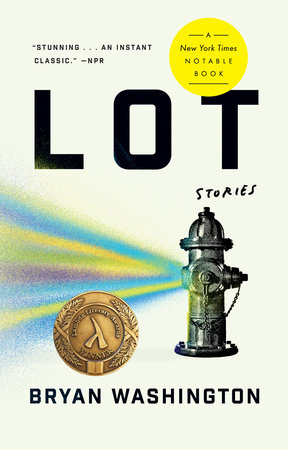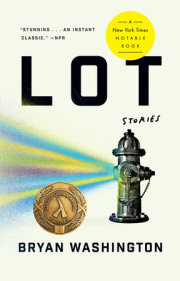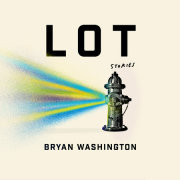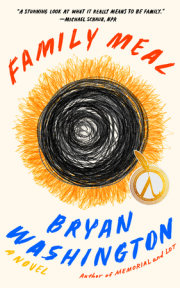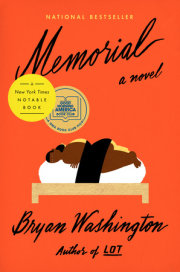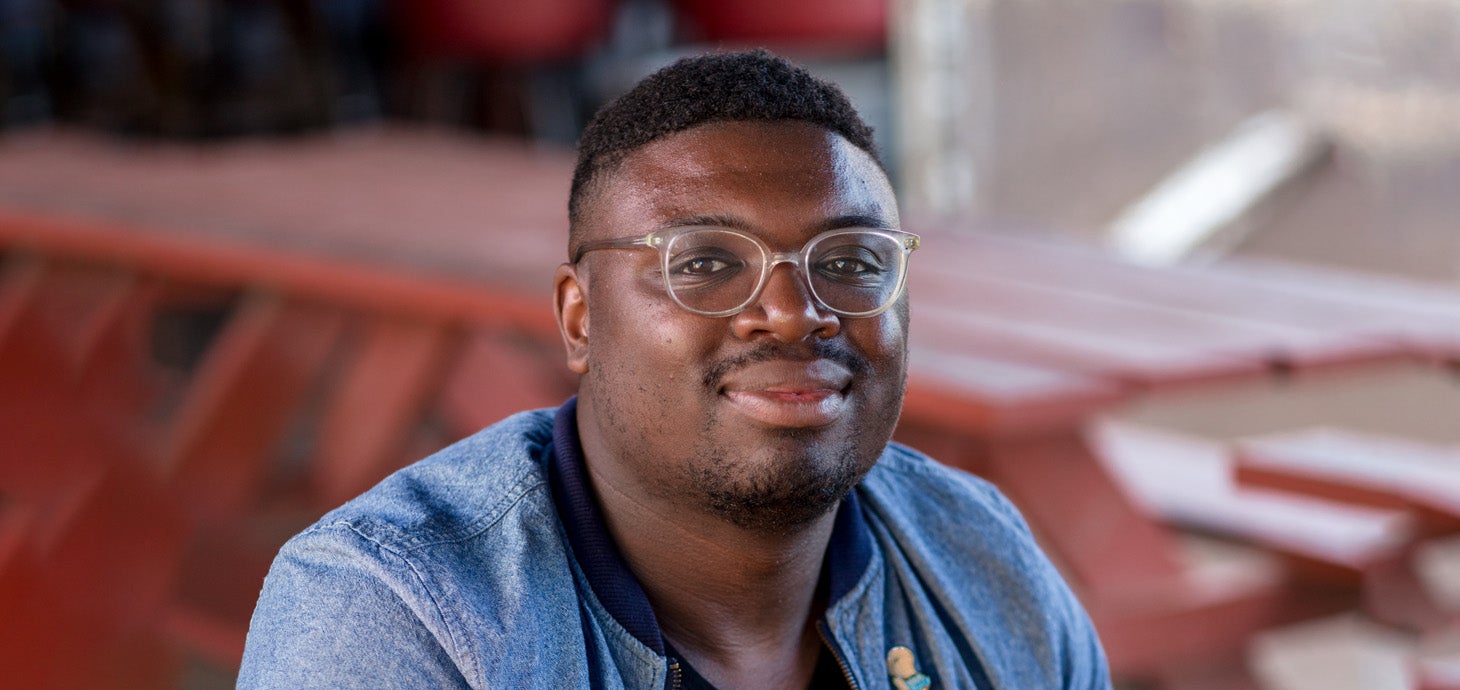LOCKWOOD 1. Roberto was brown and his people lived next door so of course I went over on weekends. They were full Mexican. That made us superior. My father found every opportu- nity to say it, but not to their faces. So Ma took it upon herself to visit most evenings. She still didn’t have many friends on the block—we were too dark for the blancos, too Latin for the blacks.
But Roberto’s mother dug the company. She invited us in. Her husband worked construction, pouring cement into Grand Parkway, and they didn’t have any papers so you know how that goes. No one was hiring. She wasn’t about to take chances. What she did with her days was look after Roberto.
They lived in this shotgun with swollen pipes. It was the house you shook your head at when you drove up the road. Ma brought over yucca and beans from the restau- rant, but then my father saw and asked her who the fuck had paid for it. Javi, Jan, and I watched our parents circle the kitchen, until our father grabbed a bowl of rice and threw it on the tile. He said this was what it felt like to watch your money walk. Maybe now Ma’d think before she shit on her familia. And of course it didn’t stop her—if anything, she went more often—but Ma started leaving the meals at home; instead, she brought me and some coffee and tinned crackers.
Roberto had this pug nose. He was pimply in all the wrong places. He wore his hair like the whiteboys, and when I asked why that was he called it one less thing to worry about. His fam couldn’t afford regular cuts, so whenever they came around the barber clipped off everything. I told him he looked like a rat, like one of the blanquitos biking all over town, and Roberto said that was cool but I was a fat black gorilla.
He was fifteen, a few years older than me. He told me about the bus he’d taken straight from Monterrey. His father’d left for Houston first, until he could send for the rest of them too, and when I asked Roberto about Mexico he said everything in Texas tasted like sand.
Roberto didn’t go to school. He spent all day mumbling English back to his mother’s busted TV. Since it was the year of my endless flu, and I didn’t exist to Javi anymore— he’d taken up with the local hoods by then—that meant I spent a fuckton of time next door. They had this table and these candles and a mattress in the living room; when Roberto’s father wasn’t out breaking his back, I usually found him snoring on it.
His mother was always exhausted. Always crying to Ma. Said it wasn’t that this country was rougher—everything was just so
loose.
Ma told her to wait it out. That’s just what America did to you. They’d learn to adjust, she’d crack the code, but what she had to do was believe in it.
Meanwhile, Roberto and I walked to the corner of Lockwood, where East End collapses and the warehouses begin. We threw rocks at the cars on Woodvale. Tagged drunks on their porches by Sherman. We watched loose gangs of boys smoking kush on Congress, and I saw Javi among them, and he didn’t even blink at me. But that night he shook me awake on our bunk, mouthing off about how he’d kill me if I spoke up. He smelled burnt and sour, like a dead thing in the road. I thought about warning Roberto to keep quiet until I remembered he had no one to tell.
Once, I asked Roberto if he liked it in Texas. He looked at me forever. Called it another place with a name.
Could be worse, I said. You could be back home. Home’s wherever you are at the time, said Roberto. You’re just talking. That doesn’t even mean anything. It would, he said, if you knew you didn’t have one.
The first time we tugged each other his father was sleeping beside us. They’d cemented the 610 exit and he’d found himself out of work. It was silent except for the flies above us, and Ma on the porch with his mother, promising that they’d figure it out.
When Roberto finally gasped I covered his mouth with my free hand. We put our ears to the screen door, but nothing’d changed outside. Just our mothers sobbing, and the snores overlaying them, and the Chevys bumping cumbia in the lot across the way.
He’d gotten it all on his jeans, which cracked us both up—they were the one pair he had. He wasn’t getting another.
That night Ma told my father about their situation. She said we should help. We’d been fresh once, too. My father said of course we could spot them a loan, and then they could borrow some dishes from the cupboard. We’d lend them some chairs. The bedroom too. Jan laughed from her corner, and Ma said it wasn’t funny, we knew exactly what she meant—we were twisting her words.
Gradually, things began to evaporate from Roberto’s place. I know because I was there. I watched them walk through the door. His family still didn’t have cash for regu- lar meals, Roberto started skipping breakfast and lunch, and this is the part where I should say my family opened their pantry but we didn’t do any of that shit at all.
But it didn’t stop the two of us. We touched in the park on Rusk. By the dumpsters on Lamar. At the pharmacy on Woodleigh and the benches behind it. We tried his parents’ mattress, once, when his mother’d stepped out for a cry, and we’d only just finished zipping up when we heard her jiggling open the lock.
Eventually, I asked Roberto if maybe this was a bad thing, if maybe his folks were being punished for our sins, and he asked if I was a brujo or a seer or some other shit.
I said, Shut the fuck up.
But you’re sitting here talking about curses, said Roberto.
I don’t know, I said. Just something. It could be us.
Roberto said he didn’t know anything about that. He’d never been to church.
2. When they finally disappeared it was overnight and without warning. I only knew it happened because Ma hadn’t slapped me awake.
I palmed open their door, and the mattress was on the floor, but their lamps and their table and the grocery bags were gone. They took the screws off the doorknobs. The lightbulbs too. All I found were some socks in a bathroom cabinet.
My father said we’d all paid witness to a parable: if you didn’t stay where you belonged, you got yourself evicted.
Ma sighed. Jan nodded. Javi cheesed from ear to ear. He’d just had his first knife fight, owned the scars on his elbows to prove it, and Roberto’s family could’ve moved to the moon for all he cared.
The morning before, Roberto’d shown me this crease on my palms. When you folded them a certain way, your hands looked like a star. Some lady on the bus from San Antonio had shown him how, and he’d called her loco then but now he was thinking he’d just missed the point.
His parents were out. We huddled in his closet. His shorts sat piled on mine, they were the only pair left in the house. He didn’t tell me he was disappearing. He just felt my chin. Rubbed my palms. Then he cupped his hands between us, asked if I’d found the milagro in mine.
I couldn’t see shit, just the outline of his shadow, but we squeezed our palms together and I called it amazing anyways.
Copyright © 2019 by Bryan Washington. All rights reserved. No part of this excerpt may be reproduced or reprinted without permission in writing from the publisher.

